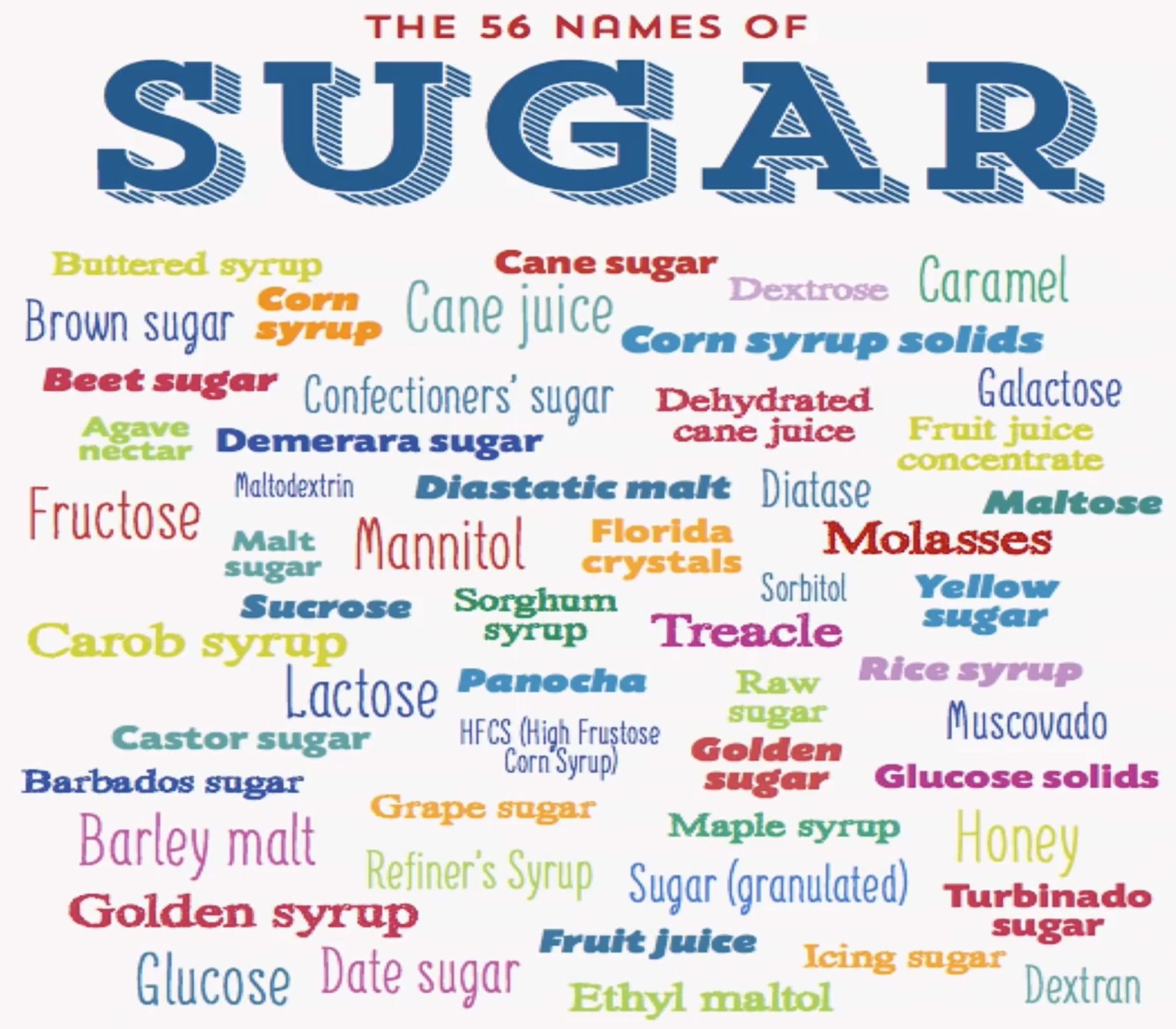Most of these I can agree with, but mannitol and sorbitol seem like a stretch.
Metabolic Health
A place to discuss metabolic health research, papers, talks, etc.
This topic can touch upon many people's personal triggers, so please be civil.
Rules
- Be nice
- Stay on topic
- Don't farm rage
- Be respectful of other diets, choices, lifestyles!!!!
- No Blanket down voting - If you only come to this community to downvote its the wrong community for you
The banner poster in high resolution can be found here
Fair enough, I got the image from a lectures slide. I imagine they are just lumping in sugar alcohols
https://en.wikipedia.org/wiki/Sugar_alcohol
Sugar alcohols are absorbed at 50% of the rate of sugars, resulting in less of an effect on blood sugar levels as measured by comparing their effect to sucrose using the glycemic index.
I imagine this is the rational.
Interestingly recent research is starting to show we have a hormonal response based on the perceived sweetness of what we eat. It's quite possible these alcohols and even things like Splenda, etc, are no better than actual sugar.
Florida crystals sounds like something else.
Its where Florida man gets his power!
So does his daughter, Methany!
Sometimes they even use their power for good and fight gators.
If it ends in "-ol" here it's technically a sugar alcohol. True sugars have the "-ose" suffix.
I don’t see invert sugar on this.
What is invert sugar? never heard of it
It is a really cool sugar. It is similar to honey in consistency and is used a lot in confectionery. It is “optically inverted” from its original sugars which I don’t understand what that means.
It means that mechanically it can't bind with dextrose ("right handed" sugars) to form crystals. Think of the game Tetris, and how you sometimes get an "L" shaped piece - that's your dextrose, and it's mirror - that's the invert. They don't fit into the same spaces, so can never neatly "bind".
Corn syrup is an invert, and used to prevent sugar crystallization in things like caramel or even ice cream.
It takes a very small amount of an invert sugar in a recipe (maybe 10%, depending, but I forget) to prevent crystallization from starting.
Episode 25 of Good Eats, "Citizen Cane", has a great explanation by a food chemist, and Alton Brown demonstrates it while making caramel.
(I may misremember some of this, so any food chemists please clarify as needed).
These aren't words for sugar, these are words for things that contain sugar. Brown sugar for example has molasses added to it. Barley malt syrup is a specific thing derived from, yes, barley.
Is there a guide for all of the names of specifically cane sugar and its derivatives?
I couldn't find anything concise; I asked a LLM to make a list, but it keeps coming up with generic names of sugar.
Yea that list is by no means comprehensive especially as an ingredients list in food products, and is missing a very common one (sucralose, derived from cane sugar). Thanks tho!
